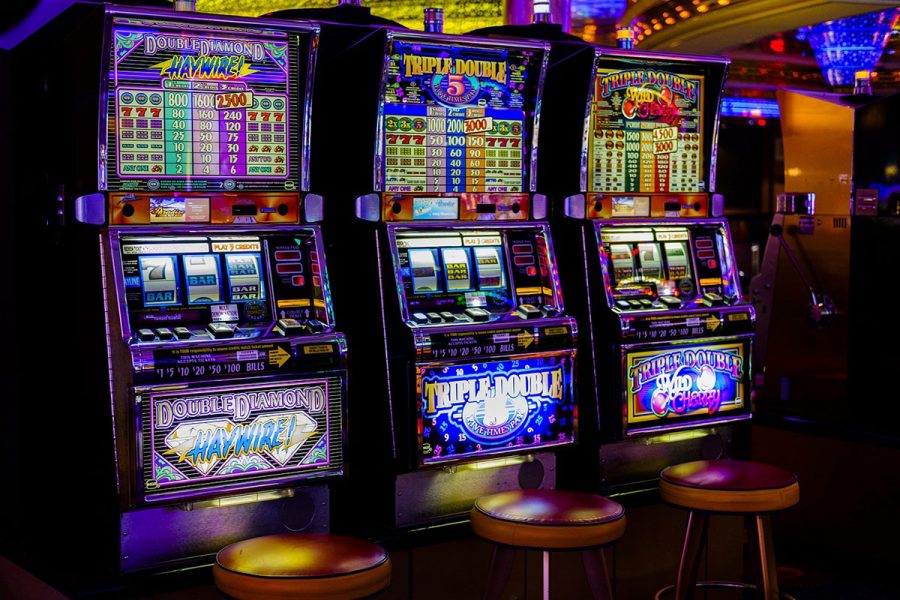Brazil: Working group for the regulatory framework listens to specialists

The team received psychiatrist Hermano Tavares at a technical table, who remarked that the prohibition of gambling makes regulation difficult and increases illegality.
Brazil.- The Working Group, formed in Brazil to analyze the new Gambling Regulatory Framework, is working on the final report that it must present this month. And for this, they added an authorized voice in the problematic game issue.
The team coordinated by the president of the Tourism Commission, Joao Bacelar (Podemos-BA), received the psychiatrist and specialist in gambling disorders, Hermano Tavares. He is the founder of the Outpatient Program for Pathological Gambling and the Integrated Outpatient Program for Impulse Disorders (PRO-AMITI) of the University of São Paulo.
At the technical meeting held at the end of October, the specialist stated that it is important to discuss the legalization of games and the creation of a regulatory framework in Brazil as for him, the prohibition makes regulation difficult and increases illegality.
Besides, the doctor noticed a considerable increase in the number of addicts and advocated that the Unified Health System expand the support network for game addicts. According to Tavares, the country only has three treatment centres for gambling disorders and the Psychosocial Care Centers (Caps) are not prepared to meet the demand.
“One of the solutions would be to transform these units into ADJ Caps with the incorporation of Alcohol, Drugs and Games. If you are a compulsive gambler in Brazil, you are in trouble. If you are a compulsive gambler in Belo Horizonte, for example, I would not know where to send you,” he pointed out.
Population overview
The expert noted that polls show that 80 per cent of the American population has already made some type of bet.
In Brazil, 12 per cent are regular gambling players and, overall, 2 per cent of the population develop gambling problems. Of this total, only 1 per cent met the criteria for lifetime gambling disorder, and 0.5 per cent of people required treatment.
The coordinator of the GT, deputy Bacelar, stressed that the Unified Health System cannot expand care, due to a lack of concrete data. He explained that, in addition to generating employment, income, income and attracting tourism, the legalization of gambling will allow the state to offer free treatment to patients with gambling disorders.
“When you bring the game legally, you have accurate data and information. It is important to know the number of pathological players to establish public policies and educational actions to minimize the problem,” he considered.
Bacelar pondered the expert that gambling is part of the Brazilian reality and that only Islamic countries prohibit the practice. He highlighted video games and mobile phone games as one of the addictions of the 21st century.
“Non-regulation is a setback, for all the reasons we already know. If you want to talk about addiction, just take your cell phone and watch the famous games with candy crush, patience or even those video games that arouse violent feelings in our teenagers,” he concluded.









